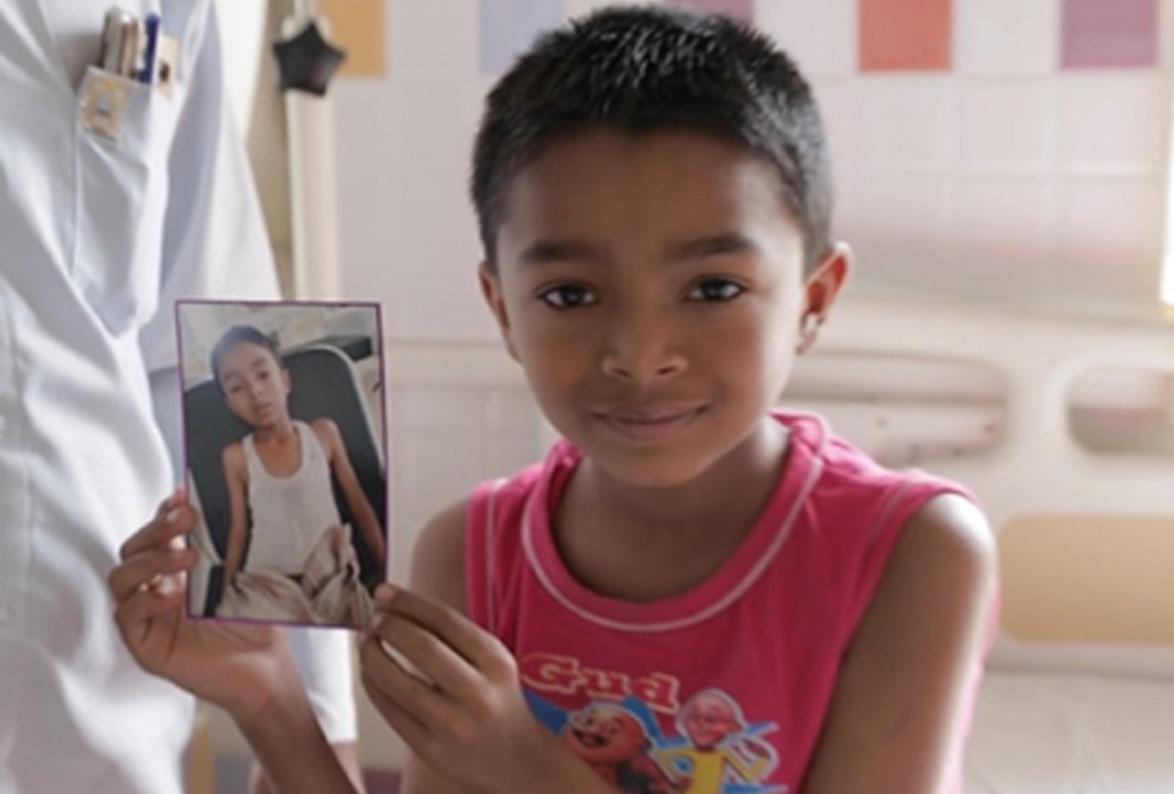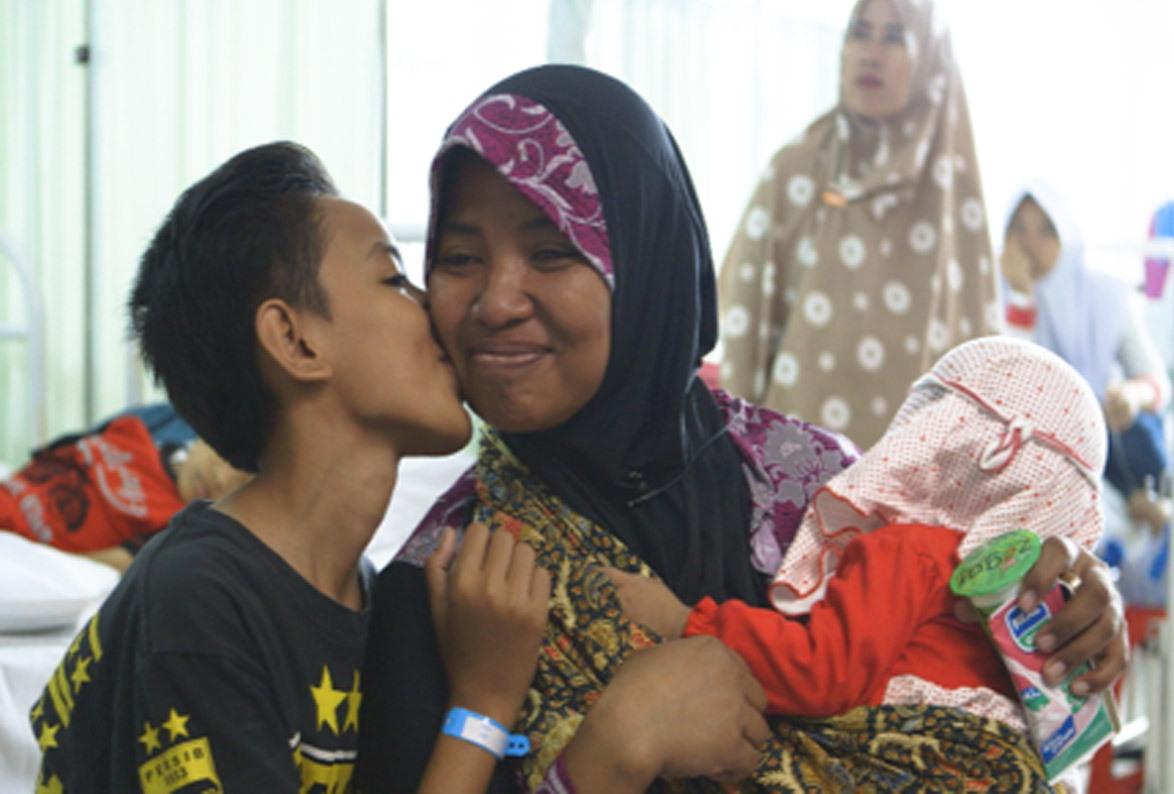Transforming Humanitarian Aid in Hemophilia
Sanofi Genzyme has two Humanitarian Programs, which provide support to patients with five different lysosomal storage disorders (LSDs), a group of rare genetic conditions caused by enzyme deficiencies, as well as patients with hemophilia, a rare genetic disorder in which a person’s blood does not clot normally.
Throughout this month, we’ll be sharing stories of patients around the world who receive this support and who inspire Sanofi’s employees around the world.
Sanofi Genzyme’s vision is to help transform the way hemophilia care is delivered in the developing world, where the vast majority of people with hemophilia have limited or no access to diagnosis and treatment.
That’s why, together with Sobi, an international rare disease company, we are continuing to deliver on the 2014 pledge to donate up to one billion international units (IUs) of clotting factor—to replace missing blood clotting factor-over 10 years, with up to 500 million IUs to the World Federation of Hemophilia (WFH) Humanitarian Aid Program over a period up to five years.
In just four years since shipments began in 2015, we have touched the lives of more than 16,500 people in 40 developing countries, treated almost 117,000 acute bleeds, and enabled over 1,800 surgeries through the WFH.
Hemophilia is a rare, genetic condition in which a person’s blood does not clot normally because of insufficient levels of certain clotting factors–proteins that control bleeding. People with hemophilia may bleed spontaneously or for a prolonged period of time after an injury (e.g. from falling, impact, injury to the head). Bleeding can occur inside the body, most often into the joints. Repeated bleeding in the joints can cause other health problems such as joint damage.
These donations have been life changing for patients and their families. Here are two of their stories:
Charan, India
Charan came to a treatment center in Pune, India after an accident sustained while playing with his friends left him paralyzed in all four limbs. When he arrived at the treatment center in Mumbai, he had not eaten for 48 hours and was very weak.
Charan received corrective surgery and physiotherapy. Without an available supply of factor therapy, Charan would not have been able to receive the surgery he needed.
Six weeks later he was able to walk again. “The feeling is great; his life has changed,” said Dr. Reshma Roshan, Consultant Hematologist, Sahyadri Specialty Hospital, Pune, India.
With consistent and predictable supply of factor therapy, doctors can now perform corrective surgeries that were unthinkable until now, and often with life-changing results.
Afif, Indonesia
In Jakarta, Indonesia a predictable supply of factor therapy is allowing physicians to provide more comprehensive treatment to patients with hemophilia.
Afif experienced extreme pain from his hemophilia, which prevented him from being able to walk to school on his own.
"When he was in elementary school, the school was so far away from home. From when he was in first grade to fourth grade, I always gave him a piggyback ride to and from the school every day,” his mother Widaningsih explained.
Thanks to humanitarian donations from the WFH to the hospital in Jakarta, Afif is able to receive regular care for his hemophilia and today he is able to walk to school on his own.



